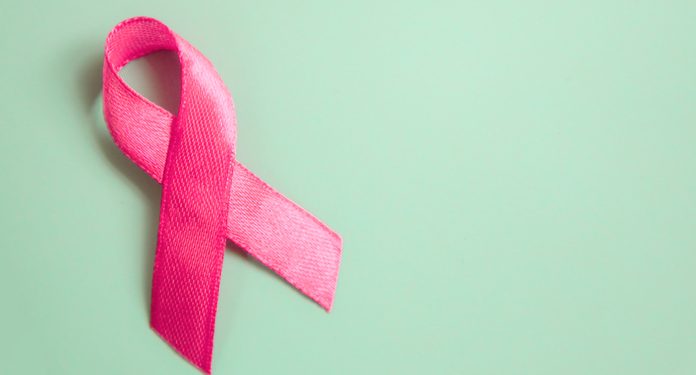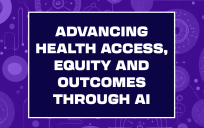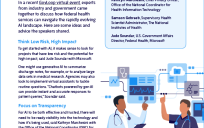October is Breast Cancer Awareness Month and whether directly or indirectly, it seems that everyone has been affected by this disease. There is a wide-ranging array of displays around the country that show this to be true, such as the White House being doused in pink lighting, oversized pink ribbons adorning local businesses and even Transportation Security Administration (TSA) Officers screening with pink gloves on.
This show of solidarity with survivors, fighters and their loved ones is not unique to America as evidenced by a pink-illuminated Buckingham Palace, Kuala Lumpur’s Petronas Twin Towers, Paris’s Eiffel Tower, Rio’s Christ the Redeemer among others. Because, unfortunately, this disease affects women and men worldwide. It is indiscriminate.
An overabundant growth of cells is how breast cancer starts. Some find a tumor or lump upon self-exam and some only find it when they have their mammogram. Still, others only find it after it has spread to surrounding areas. The best preventive measure is to be well-informed, know your body and make changes according to your doctor’s recommendations. Consider the items in the list below:
- Know your family’s medical history.
- Is there a history of breast cancer in your family? How closely related is the person?
- Know the risk factors.
- What lifestyle changes can you make to lessen your risk of being affected?
- Know what you should be screened for.
- Do regular self-exams. Investigate changes in your body and see a doctor, especially if a symptom lingers.
- Inform yourself by visiting legitimate medical websites.
- Visit medical society sites such as the American Society of Clinical Oncology, government agencies like the National Institute of Health, or the Medical Library Association to read about the newest research and guidelines as well as their suggested online resources.
There are countless stories about survivors, those who fought and family members who persevered. One such woman took just a few weeks off for treatment and went back to her job as a Human Resources Specialist with the federal government as soon as treatment allowed. Another stricken with the disease worked all her shifts through the pain until she had to be hospitalized, passing away a couple weeks later. An entire division raised funds every few months for their valued and respected fellow worker whose wife battled the disease for several years.
Breast cancer is not a disease that affects just one person. Likewise, it is not a disease that just one person will cure or defeat. If you notice something is different with your friend, let her know what you have observed. If you recognize a symptom in someone, let him know what you suspect. If you are diagnosed, let others help you.
Ultimately, cancer—any cancer, affects more than those fighting. Let us choose to rally around those affected. Let us choose to be our own advocate and to advocate for those around us. Let us choose to maintain our healthiest best so that we can beat this disease if it shows up close to home.
Nicole Napuunoa is part of the GovLoop Featured Blogger program, where we feature blog posts by government voices from all across the country (and world!). To see more Featured Blogger posts, click here.





Leave a Reply
You must be logged in to post a comment.